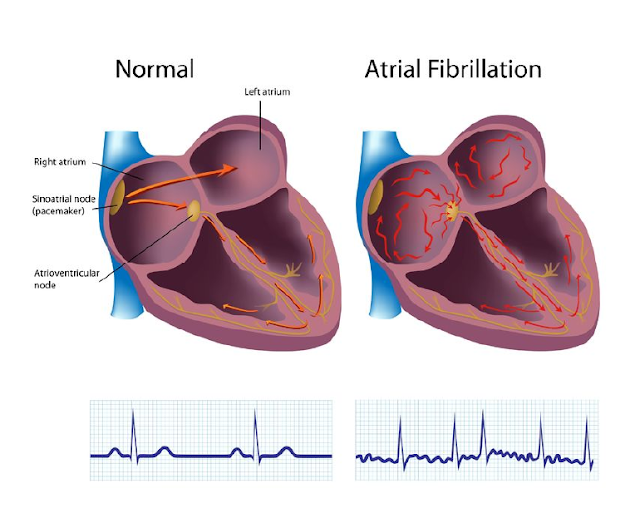How Regular Exercise can Prevent Future Cardiovascular Problems

Cardiovascular disease, which includes heart attacks, strokes, and other related illnesses, is the leading cause of death worldwide. It is estimated that approximately 17.9 million people die each year from cardiovascular disease, which accounts for 31% of all deaths globally. However, regular exercise can significantly reduce the risk of developing cardiovascular disease and prevent future problems. Dr Ramji Mehrotra , who is the best cardiothoracic surgeon in Delhi, says that regular exercise has a significant impact on the health of the cardiovascular system. It helps to reduce blood pressure, improve circulation, and increase the strength of the heart muscle. These benefits help to reduce the risk of developing conditions such as atherosclerosis, which is a build-up of fatty deposits in the arteries that can lead to heart attacks and strokes. Additionally, regular exercise can help to reduce the levels of cholesterol and triglycerides in the blood, which are associated with an ...




